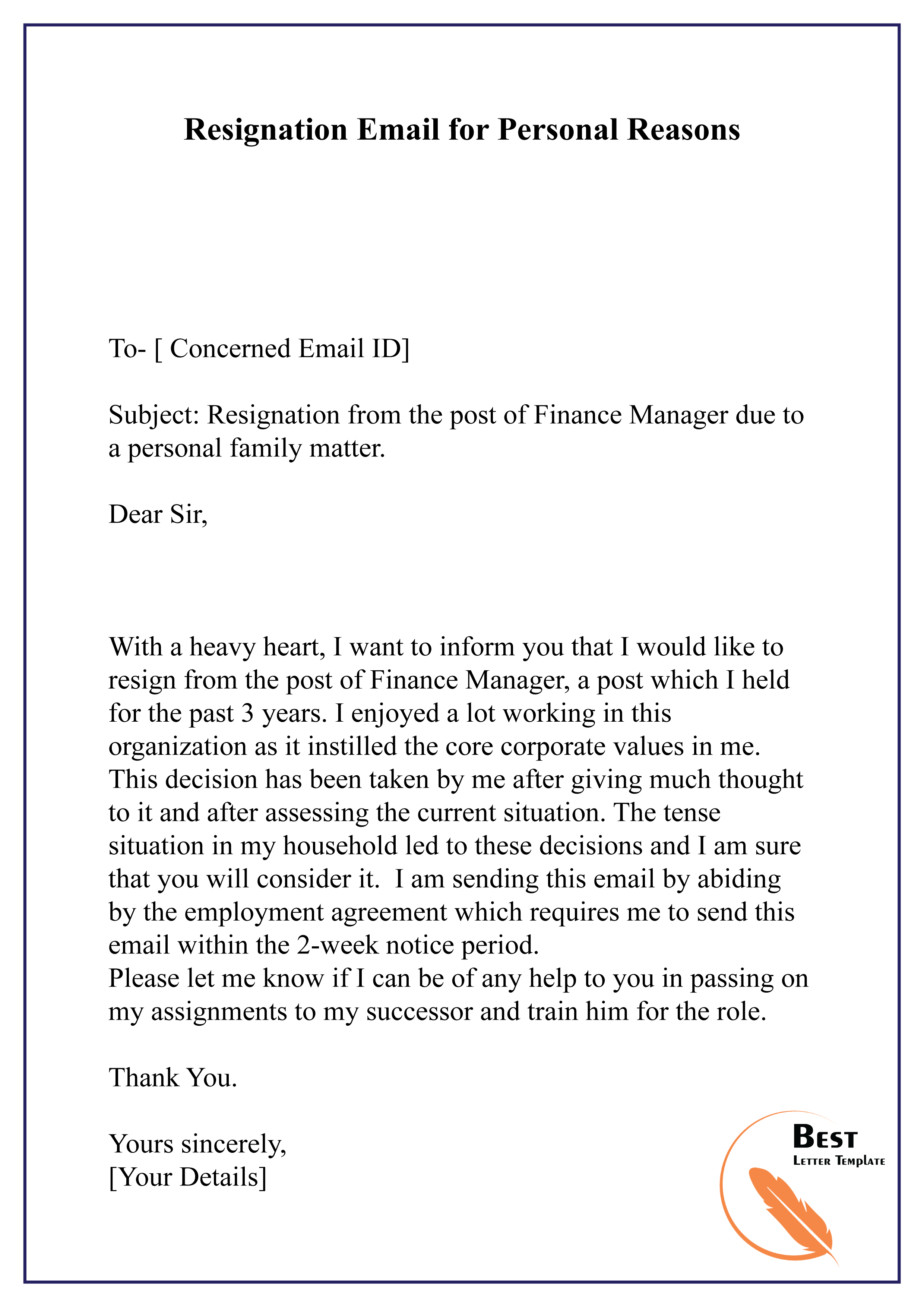Planning resignation? resignation letter template communicate professionally. only 5 minutes will your Resignation Letter, free Download & Print anytime.
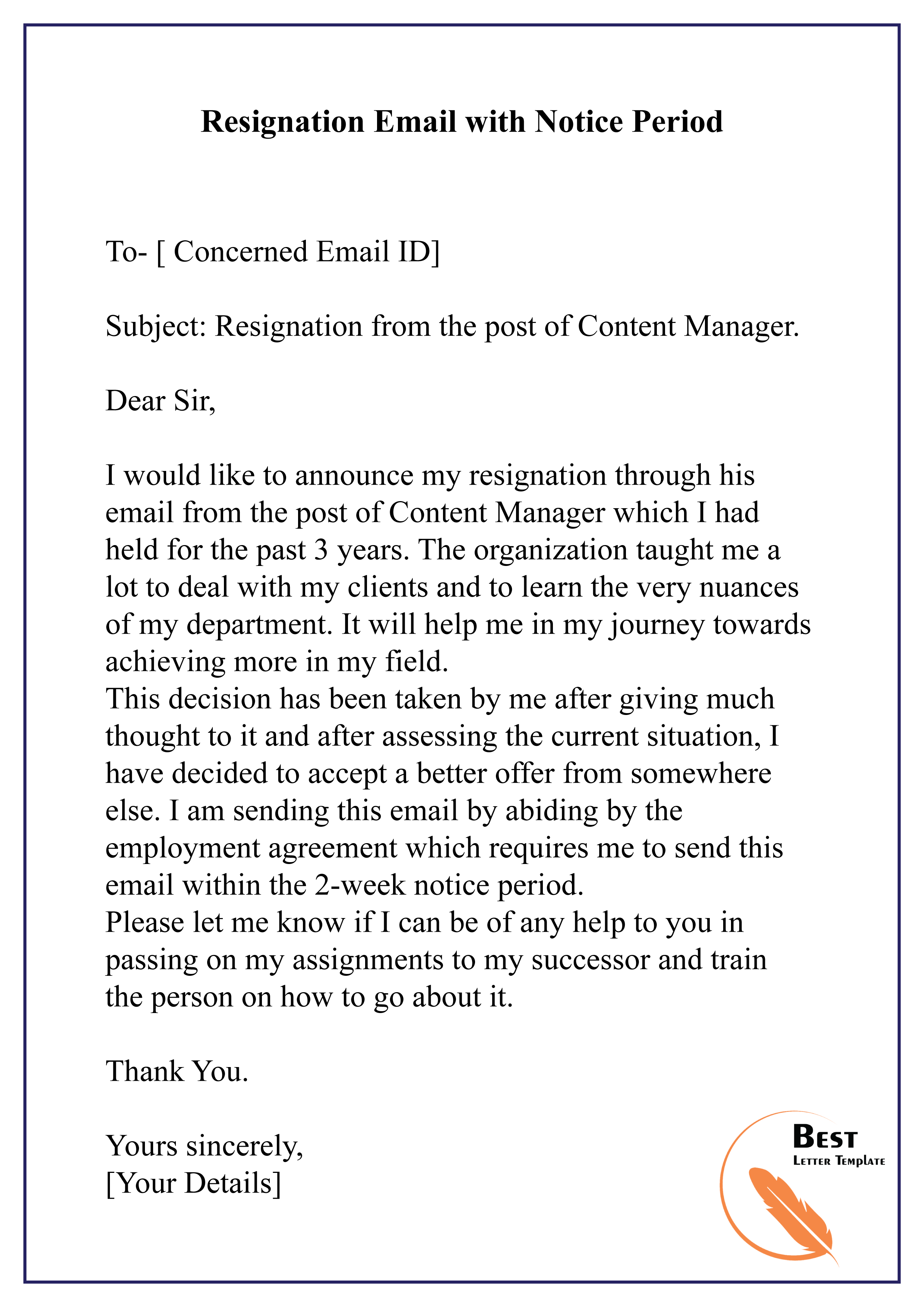 Get Free Templates create Resignation Letter. Start Now! Create Customized Resignation Letter a minutes.
Get Free Templates create Resignation Letter. Start Now! Create Customized Resignation Letter a minutes.
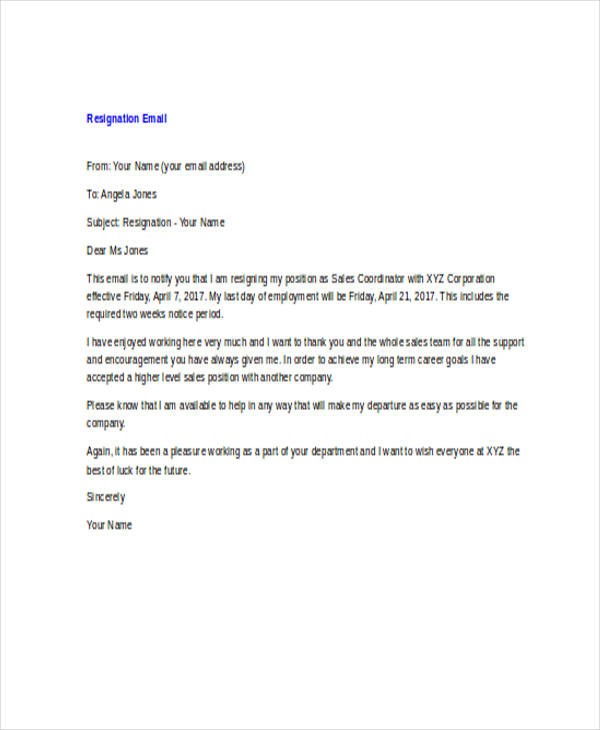 Learn to write professional respectful resignation email different reasons, as job, relocation, personal reasons, etc. sample emails tips format, structure, tone.
Learn to write professional respectful resignation email different reasons, as job, relocation, personal reasons, etc. sample emails tips format, structure, tone.
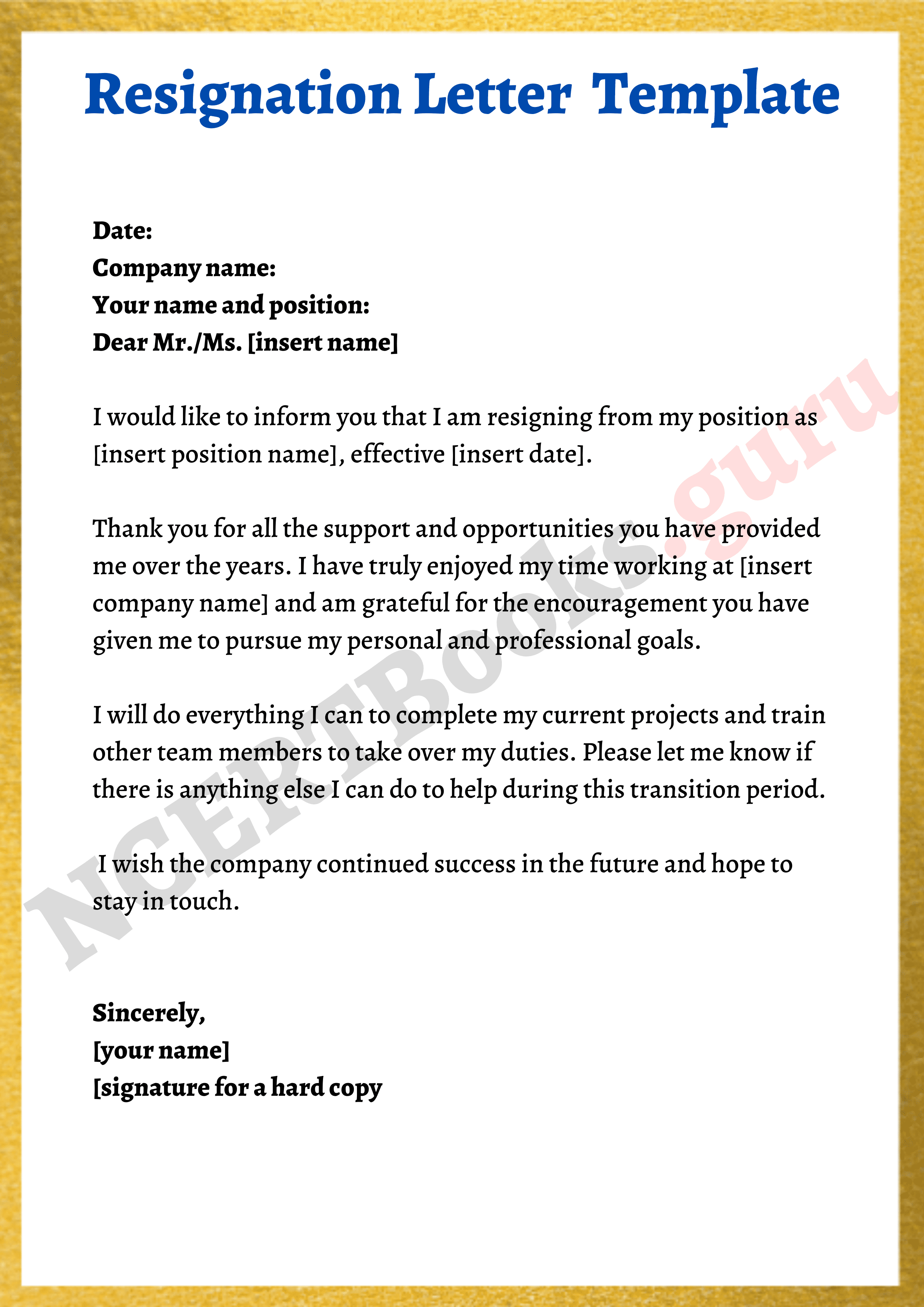 These resignation email templates cover variety situations, ensuring can communicate departure professionally respectfully. Adjust details needed fit specific circumstances! 21 Email Resignation Letter Examples; Resignation Letter Email: to, Tips, FAQs
These resignation email templates cover variety situations, ensuring can communicate departure professionally respectfully. Adjust details needed fit specific circumstances! 21 Email Resignation Letter Examples; Resignation Letter Email: to, Tips, FAQs
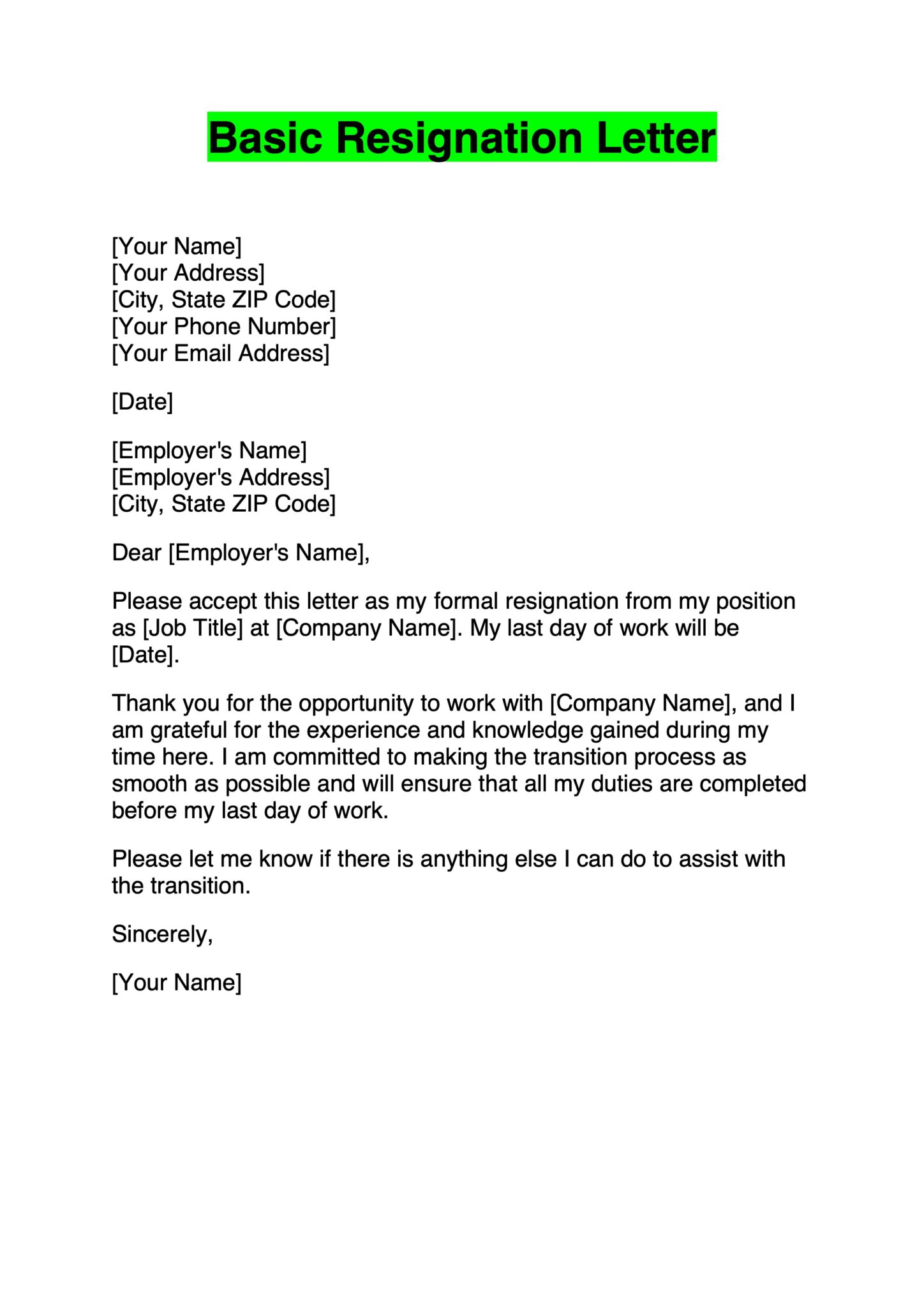 Email resignation letter Below an of email resignation letter: To: [email protected] Subject: Notice resignation Dear Martina, hope you're well. I'm writing notify of resignation my position marketing coordinator.After consideration, I've the difficult decision resign due a job offer another company.
Email resignation letter Below an of email resignation letter: To: [email protected] Subject: Notice resignation Dear Martina, hope you're well. I'm writing notify of resignation my position marketing coordinator.After consideration, I've the difficult decision resign due a job offer another company.
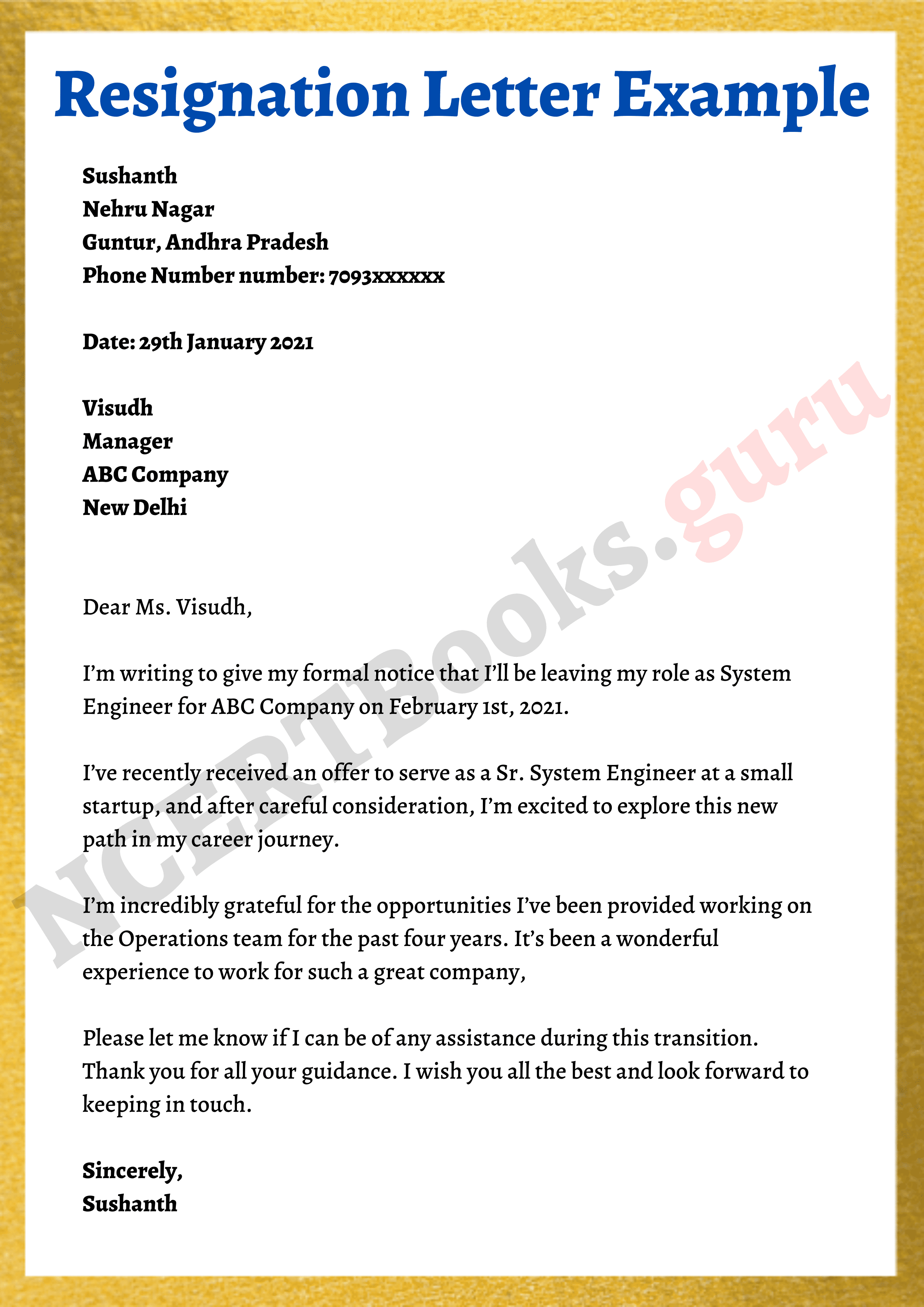 Learn to write professional resignation email tips examples. Find what do before, and sending resignation email your employer.
Learn to write professional resignation email tips examples. Find what do before, and sending resignation email your employer.
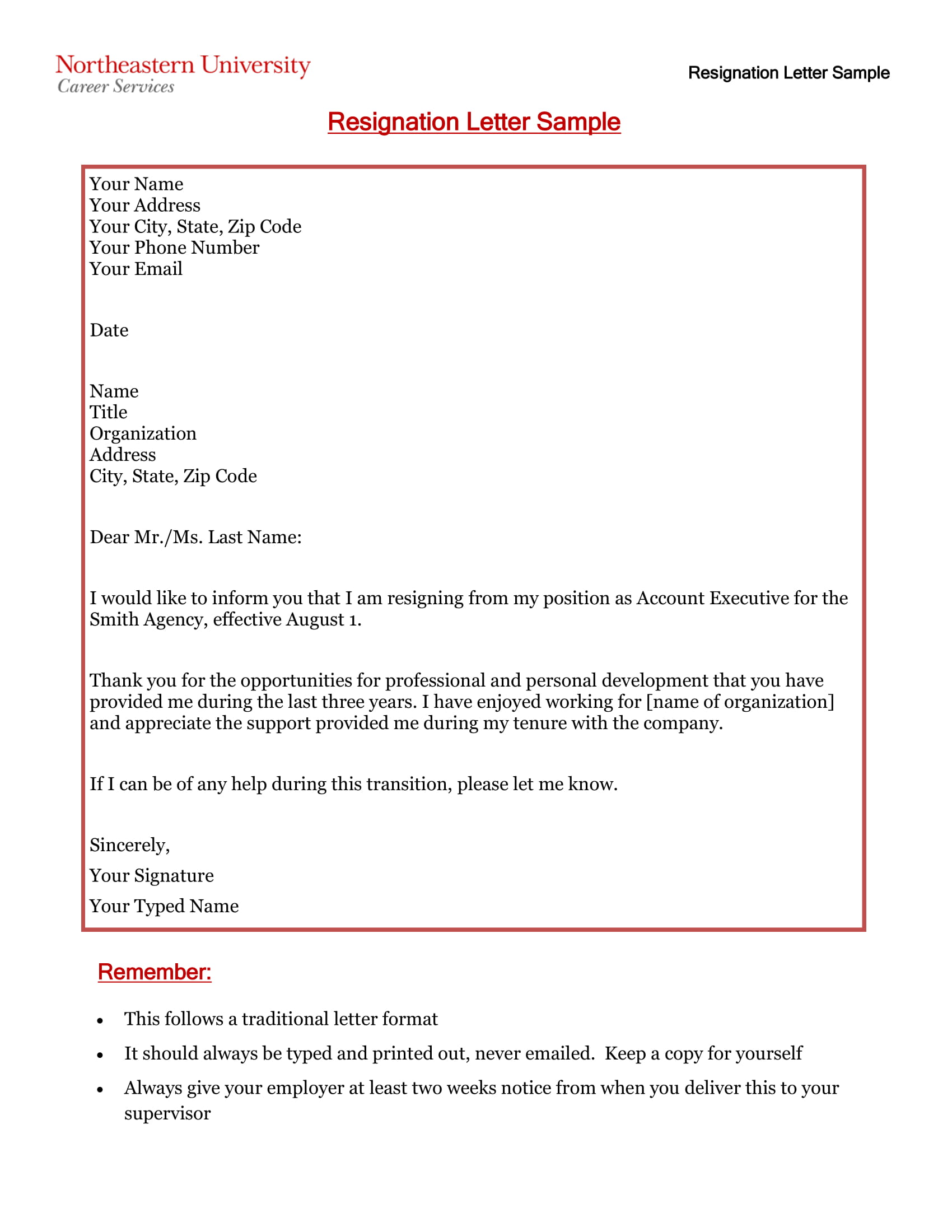 Resignation email format. are few essential parts need include a resignation email: 1. Subject - subject line the electronic mail be clear straightforward. can with of these: Resignation email - [Your name] Official resignation Notice - [Your name] Resignation [Position] - [Your Name]
Resignation email format. are few essential parts need include a resignation email: 1. Subject - subject line the electronic mail be clear straightforward. can with of these: Resignation email - [Your name] Official resignation Notice - [Your name] Resignation [Position] - [Your Name]
 7. Resignation email sample notice period roles, as zero-hours contracts, don't require notice period, you leave straight if want to. this resignation email sample notice period, explain we're leaving when we're going. Still, aim leave positively.
7. Resignation email sample notice period roles, as zero-hours contracts, don't require notice period, you leave straight if want to. this resignation email sample notice period, explain we're leaving when we're going. Still, aim leave positively.
 Find 20 resignation email examples templates any situation. job to personal reasons, Enhancv's expert guide ensures leave professional impression. . following examples offer ready-made samples various scenarios, providing specific advice help tailor resignation email fit unique .
Find 20 resignation email examples templates any situation. job to personal reasons, Enhancv's expert guide ensures leave professional impression. . following examples offer ready-made samples various scenarios, providing specific advice help tailor resignation email fit unique .
 Learn to write professional resignation letter 13 samples different situations. Find what include, to format, when submit resignation letter.
Learn to write professional resignation letter 13 samples different situations. Find what include, to format, when submit resignation letter.
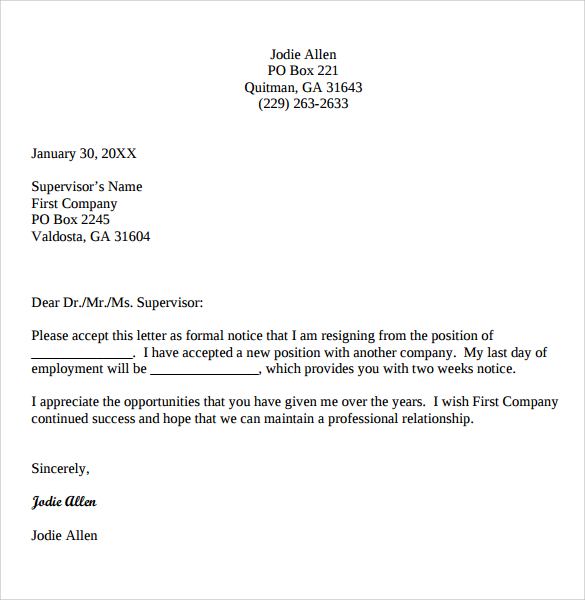 Welcome our comprehensive guide "Resignation Email Samples." you contemplating leaving current job have made decision resign, crafting well-written resignation email vital. this post, have curated collection resignation email samples help navigate significant career .
Welcome our comprehensive guide "Resignation Email Samples." you contemplating leaving current job have made decision resign, crafting well-written resignation email vital. this post, have curated collection resignation email samples help navigate significant career .
